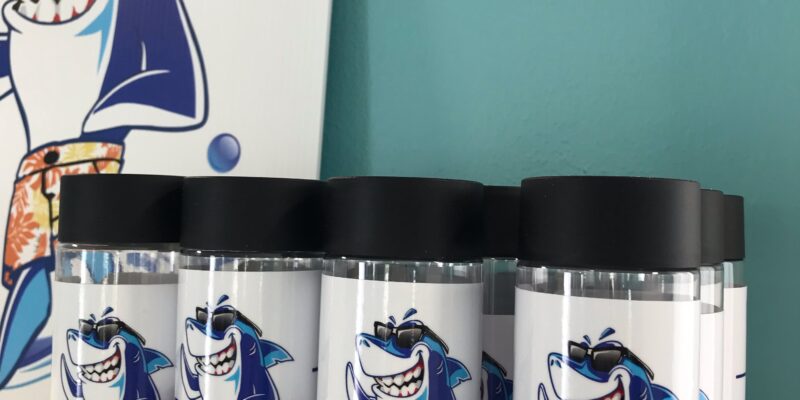

Phosphates are a common problem in swimming pools, and understanding what they are and why they are bad for your pool is essential for maintaining its health and clarity. In this blog post, we will discuss what phosphates are, how they get into your pool, and why they are bad for it. What are Phosphates?…
Maintaining a clean and healthy swimming pool can be a time-consuming task, but with the help of automatic pool cleaners, it’s much easier. One of the best automatic pool cleaners on the market is the TigerShark robotic pool cleaner, which is specifically designed to efficiently clean swimming pools of all shapes and sizes. In this…
Having a pool in your backyard can be a great source of fun and relaxation during the hot summer months. However, it’s important to keep an eye on the water level in your pool to ensure that it stays at the proper level for both safety and maintenance purposes. The ideal water level for a…
Owning a swimming pool is a great way to beat the heat and enjoy some outdoor fun, but it’s important to remember that with great fun comes great responsibility. Maintaining a swimming pool can be a lot of work, and there are many common mistakes that pool owners make that can lead to costly repairs,…
If you’re a pool owner, you know that maintaining your pool’s water chemistry is crucial for keeping it clean, clear, and safe to swim in. But when it comes to choosing the chemicals you use to maintain your pool, you may be tempted to save some money by opting for cheaper products instead of professional…
When I Shock My Pool, Should I Use Chlorine or Non-Chlorine Shock? Both treatments accomplish the goal of destroying and removing bather waste and preventing the formation of combined chlorine. Superchlorination, the addition of large amounts of chlorine, has some drawbacks. Because it requires large amounts of chlorine, it can damage liners and swimsuits and…